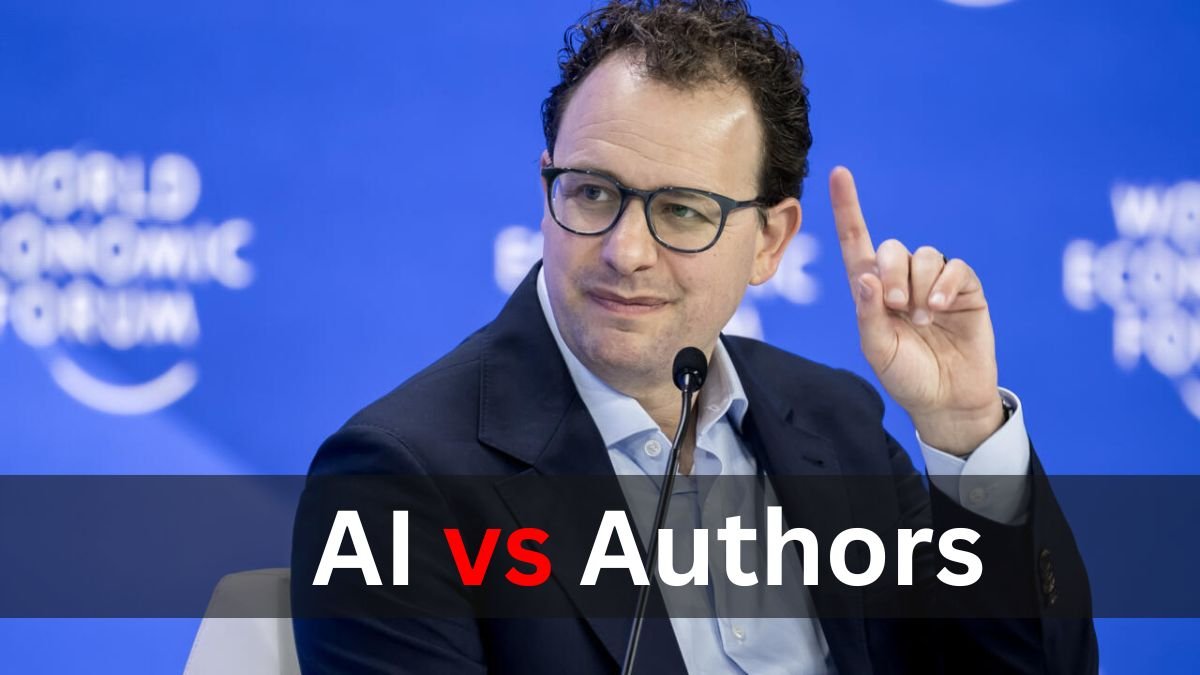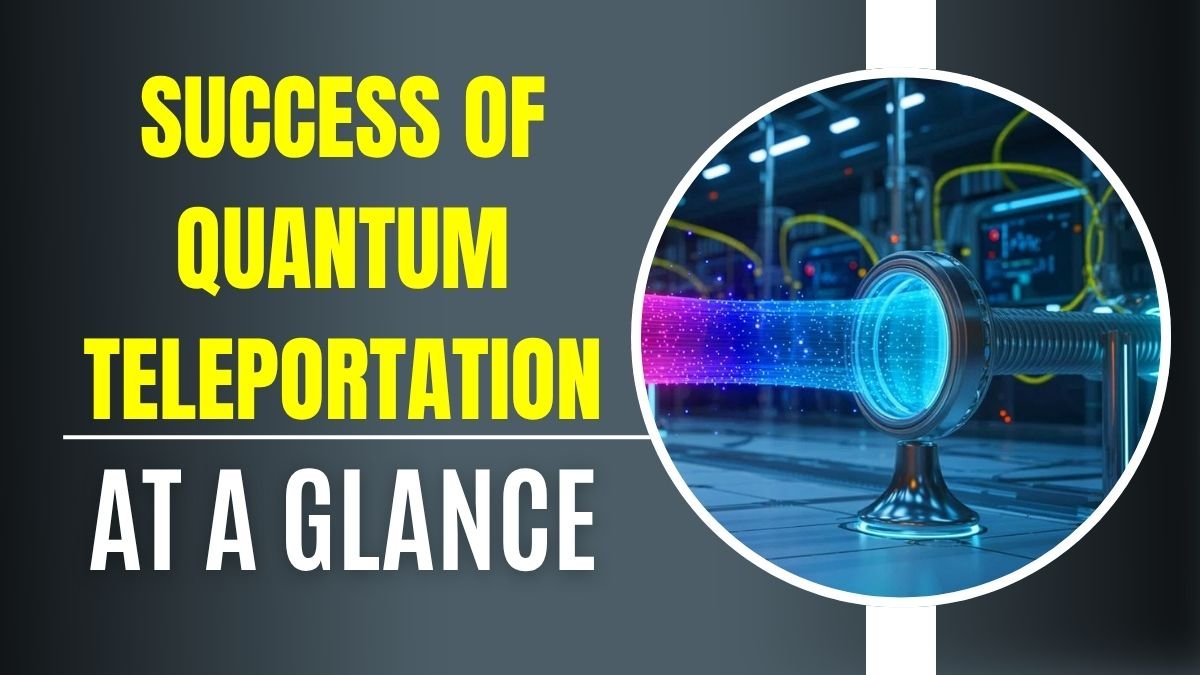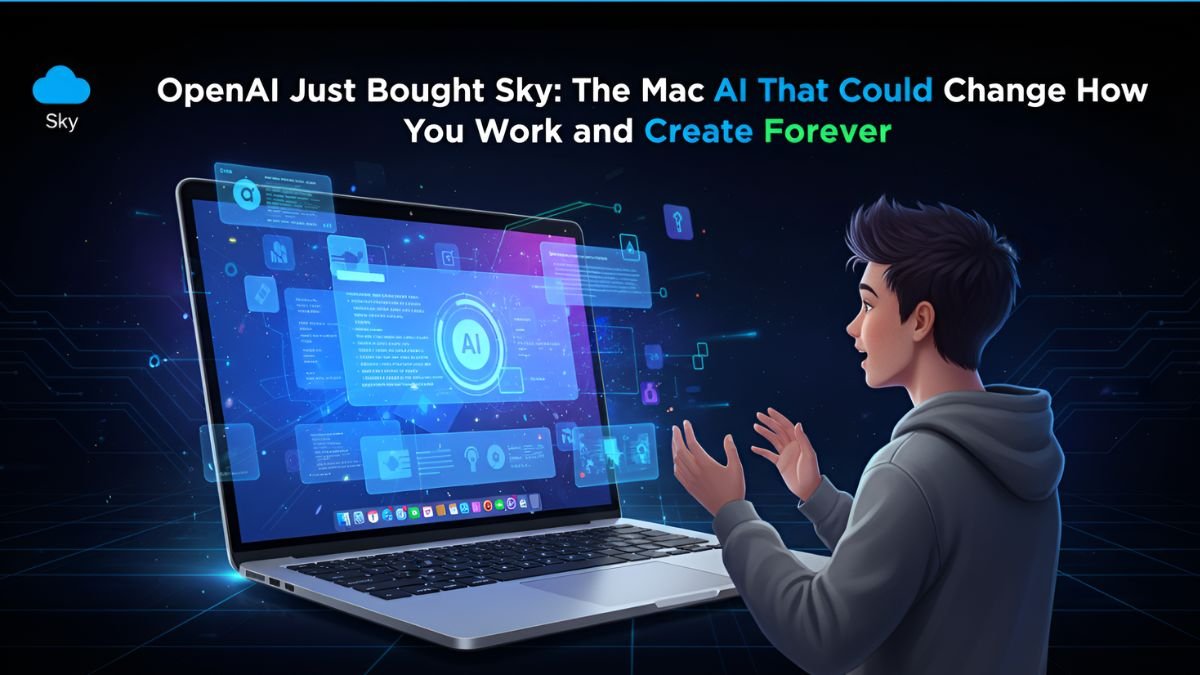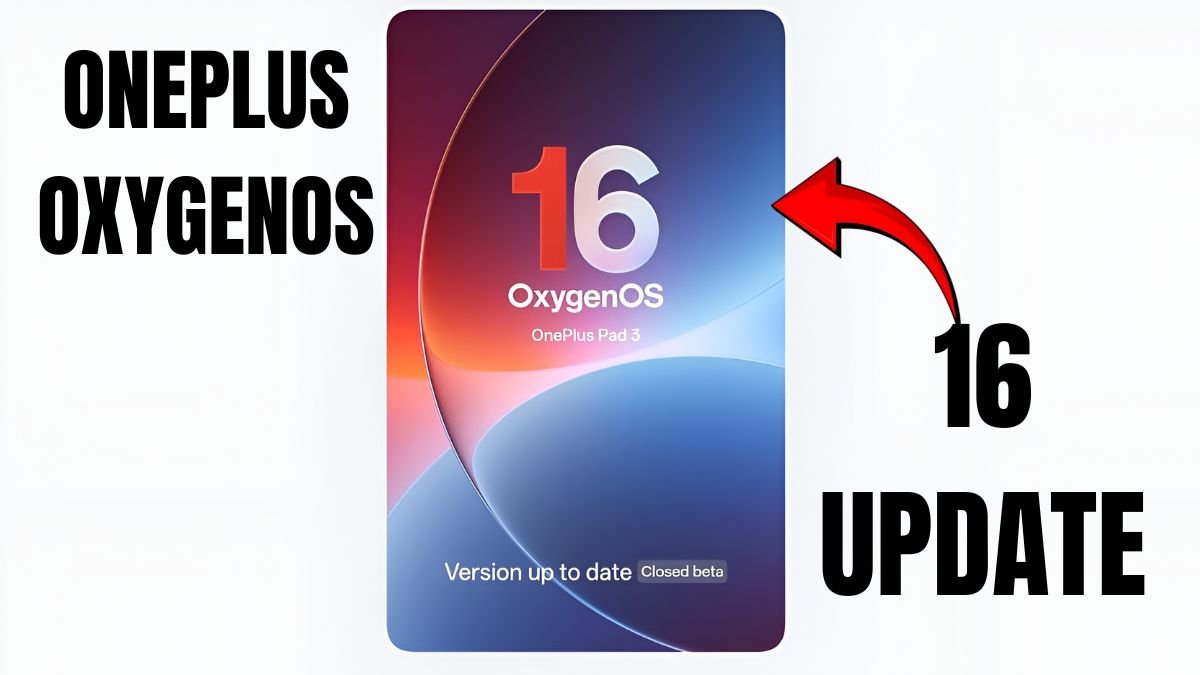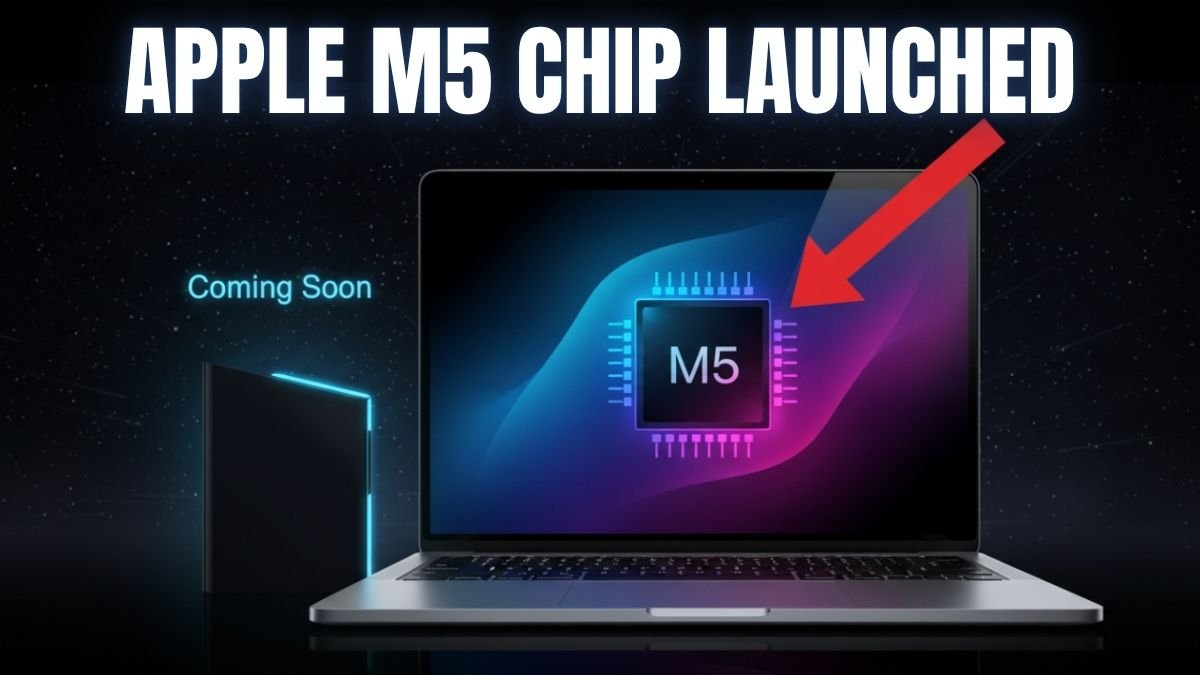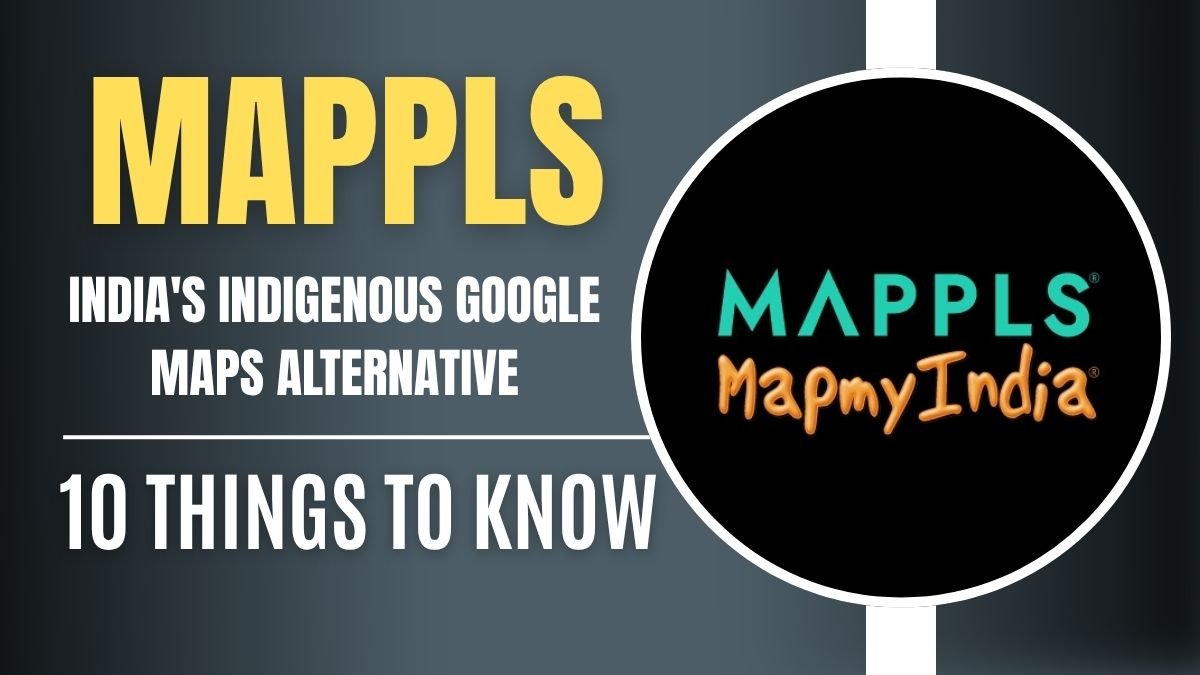1. Anthropic vs Authors: What Was the Court’s Decision?
A U.S. federal judge, William Alsup, ruled in favor of the AI company Anthropic, stating that its use of copyrighted books to train AI models was not illegal. The court accepted that the usage came under the doctrine of “Fair Use,” meaning copyrighted content can sometimes be used without permission under specific conditions.
2. What is Fair Use and Why Does It Matter?
Fair Use is a legal concept within copyright law that allows limited use of copyrighted materials without permission for purposes like education, criticism, research, news reporting, or parody. For instance, using a few clips for a movie review may be Fair Use, but selling the entire movie without consent is a copyright violation.
3. Why Did the Court Side with Anthropic?
The judge reasoned that Anthropic’s use of books was “transformative.” Even though the purpose was commercial, the books were used in a new and different way—to train AI rather than to republish or resell them. This transformative use is a major factor in determining Fair Use.
4. A Landmark Ruling for AI Companies
This was the first court ruling to explicitly support an AI company’s use of copyrighted books under Fair Use. The decision could set a precedent, influencing future lawsuits involving OpenAI, Meta, Google, and others who are also facing copyright-related challenges over AI training.
5. Did Anthropic Use Pirated Books?
Yes, the lawsuit alleged and the court acknowledged that Anthropic had downloaded books from pirated websites to build a massive “central library.” While the court allowed the use under Fair Use for training purposes, a separate trial will determine the legality and consequences of using pirated materials.
6. Judge’s Warning on Illegal Copies
Judge Alsup clearly stated that even if Anthropic later purchased legal copies of the books, it does not cancel out the earlier act of piracy. The theft is still considered illegal and will be evaluated for damages in a separate court proceeding.
7. Why Are Authors and Creators Worried?
Many authors feel threatened that their years of hard work are being exploited without compensation. If an AI model can write hundreds of stories after learning from a single author’s book—without paying or crediting the author—it raises serious ethical and financial concerns for creative professionals.
8. Relief for AI Companies, For Now
This ruling gives temporary relief to tech companies that rely on massive datasets to train their AI models. They argue that requiring permission for each piece of content would slow down innovation drastically. The court’s support of Fair Use offers a legal cushion, at least in this instance.
9. Future Uncertain: More Trials Ahead
Although Anthropic won this round, the battle isn’t over. A separate trial will address the creation and legality of its “central library” of pirated books. Meanwhile, other courts handling similar cases may interpret Fair Use differently, as the law is vague and outdated for today’s digital world.
10. Creativity vs. Technology: The Ongoing Battle
This case isn’t just about one company or one group of writers. It’s about society’s values. Should technological advancement come at the cost of artists’ rights? Stronger copyright laws and ethical AI frameworks are urgently needed to ensure that creativity is respected in the age of artificial intelligence.
